Are you considering adding a Curly-Coated Retriever to your family? This unique breed is known for their distinctive curly coat and love for water. Originally bred for retrieving game, they are intelligent and trainable, making them great companions for active families. However, like any breed, they come with their own set of characteristics and needs that should be carefully considered before bringing one into your home. In this article, we will explore the pros and cons of owning a Curly-Coated Retriever to help you determine if they are the right fit for you.
Breed Category: Gundog
Country of Origin: England
Average Size:63-69 cm
Average Weight:32-36 kg
Average Life Span: 8-12 years
Grooming Requirements: Moderate
Exercise Requirements:High
History and Origin
The Curly-Coated Retriever is a breed of dog that is known for its unique curly coat. This breed is believed to have originated in England during the late 18th century. The Curly-Coated Retriever was developed to be a versatile hunting dog that could retrieve game from both land and water.
The exact origins of the Curly-Coated Retriever are not known, but it is believed that the breed was developed by crossing various breeds of water dogs, including the Irish Water Spaniel, the Poodle, and the St. John’s Water Dog. The breed was first recognized by the Kennel Club in 1860, and it quickly became popular among hunters and sportsmen.
During the late 19th and early 20th centuries, the Curly-Coated Retriever was one of the most popular breeds of hunting dogs in England. The breed was known for its excellent retrieving abilities, as well as its loyalty and intelligence. However, the breed’s popularity began to decline after World War II, and today it is considered to be a rare breed.
Despite its decline in popularity, the Curly-Coated Retriever remains a beloved breed among dog enthusiasts. The breed is known for its friendly and outgoing personality, as well as its intelligence and trainability. The Curly-Coated Retriever is also a great family dog, as it is gentle and affectionate with children.
One of the most distinctive features of the Curly-Coated Retriever is its curly coat. The breed’s coat is made up of tight, crisp curls that provide excellent protection from the elements. The coat is also hypoallergenic, making it a great choice for people with allergies. However, the breed’s coat requires regular grooming to prevent matting and tangling.
In addition to its curly coat, the Curly-Coated Retriever is also known for its athletic abilities. The breed is a great swimmer and is often used in waterfowl hunting. The Curly-Coated Retriever is also a great runner and is often used in agility competitions.
Overall, the Curly-Coated Retriever is a unique and versatile breed that has a rich history and a loyal following. While the breed may be rare, it is still highly valued by those who appreciate its intelligence,

Size and Breed Category
The Curly-Coated Retriever is a medium to large-sized breed of dog that is known for its distinctive curly coat. They are a muscular and athletic breed, with a strong and sturdy build that is well-suited to their role as a retriever. The breed typically stands between 63-69cm tall at the shoulder and weighs between 27-36kg. They have a broad head with a long, strong muzzle and a pair of expressive, almond-shaped eyes. Their ears are small and set high on the head, and their tail is thick and carried straight or slightly curved.
The Curly-Coated Retriever is classified as a sporting breed, which means that they were originally bred for hunting and retrieving game. They are known for their excellent swimming ability and their willingness to work in all types of weather conditions. The breed is highly intelligent and trainable, and they are often used as working dogs in a variety of roles, including search and rescue, therapy, and as assistance dogs. Despite their working background, they are also popular as family pets due to their friendly and affectionate nature.
Fur Length and Colour
The fur of the Curly-Coated Retriever is unique and distinctive. It is tightly curled and dense, providing excellent protection against harsh weather conditions. The fur is also water-resistant, making it ideal for retrieving game from water. The length of the fur is medium to long, with the curls being more pronounced on the body and legs. The fur on the head and ears is shorter and smoother. The colour of the fur can be black or liver, with small white patches on the chest and feet being acceptable. The fur of the Curly-Coated Retriever requires regular grooming to prevent matting and tangling.
The colour of the Curly-Coated Retriever’s fur is striking and adds to its overall appearance. The black variety has a shiny, jet-black coat that is highly desirable. The liver variety has a rich, dark brown coat that is equally stunning. The fur colour is solid and does not have any markings or patterns. The fur of the Curly-Coated Retriever is an important characteristic that sets it apart from other retriever breeds. It is a defining feature that is highly valued by breeders and owners alike.
Termperament and Trainability
Curly-Coated Retrievers are known for their lively and confident temperament. They are highly intelligent and have a strong desire to please their owners. This breed is also known for their independence, which can make them a bit stubborn at times. However, with proper training and socialization, they can become well-behaved and obedient companions. Curly-Coated Retrievers are also known for their loyalty and affection towards their families, making them great family pets.
When it comes to trainability, Curly-Coated Retrievers are generally quick learners. They respond well to positive reinforcement training methods, such as praise and treats. However, they can become bored with repetitive training sessions, so it’s important to keep training sessions short and engaging. This breed also has a strong hunting instinct, so it’s important to provide them with plenty of exercise and mental stimulation. With proper training and socialization, Curly-Coated Retrievers can excel in a variety of activities, including obedience, agility, and hunting.
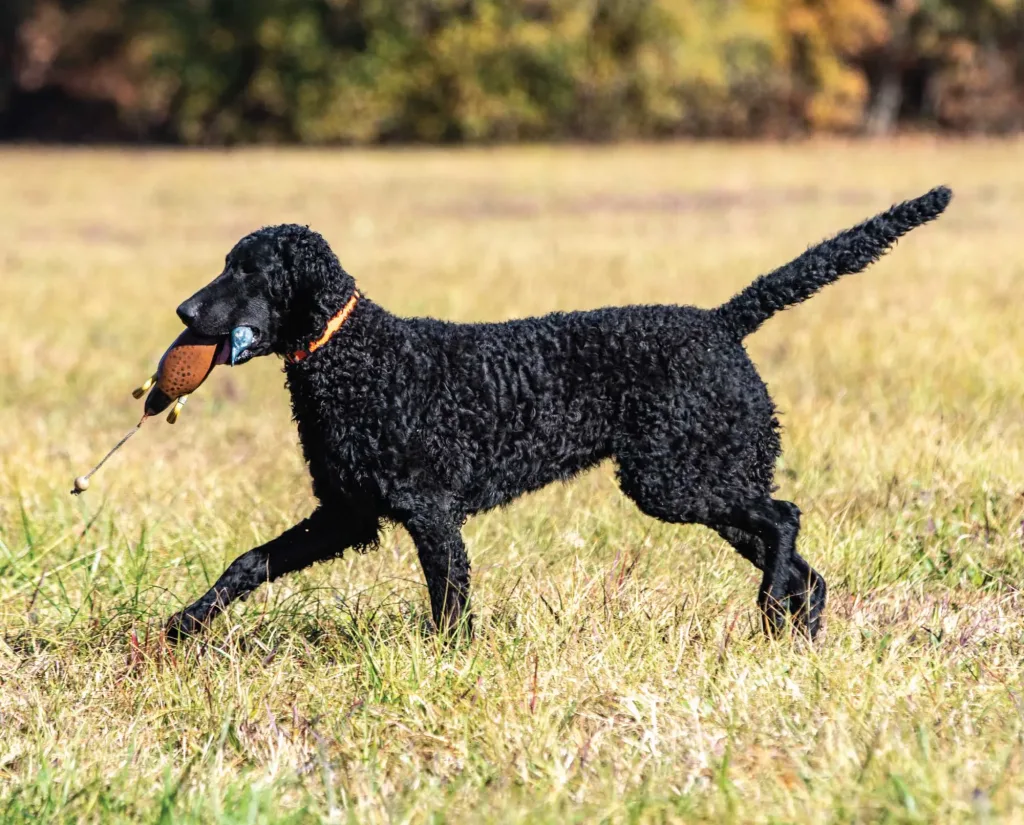
Known Health Conditions
Curly-Coated Retrievers are a breed of dog that are prone to certain health conditions. One of the most common health issues that affect this breed is hip dysplasia. This condition occurs when the hip joint does not develop properly, causing pain and discomfort for the dog. Symptoms of hip dysplasia in Curly-Coated Retrievers include limping, difficulty standing up, and reluctance to exercise. Treatment for hip dysplasia may include medication, physical therapy, or surgery, depending on the severity of the condition. It is important for owners of Curly-Coated Retrievers to monitor their dog’s mobility and seek veterinary care if they suspect their dog may be suffering from hip dysplasia.
Another health condition that can affect Curly-Coated Retrievers is epilepsy. Epilepsy is a neurological disorder that causes seizures in dogs. Symptoms of epilepsy in Curly-Coated Retrievers may include sudden and unexplained seizures, loss of consciousness, and muscle spasms. Treatment for epilepsy may include medication to control seizures, as well as lifestyle changes to reduce stress and improve overall health. Owners of Curly-Coated Retrievers with epilepsy should work closely with their veterinarian to develop a treatment plan that is tailored to their dog’s individual needs.
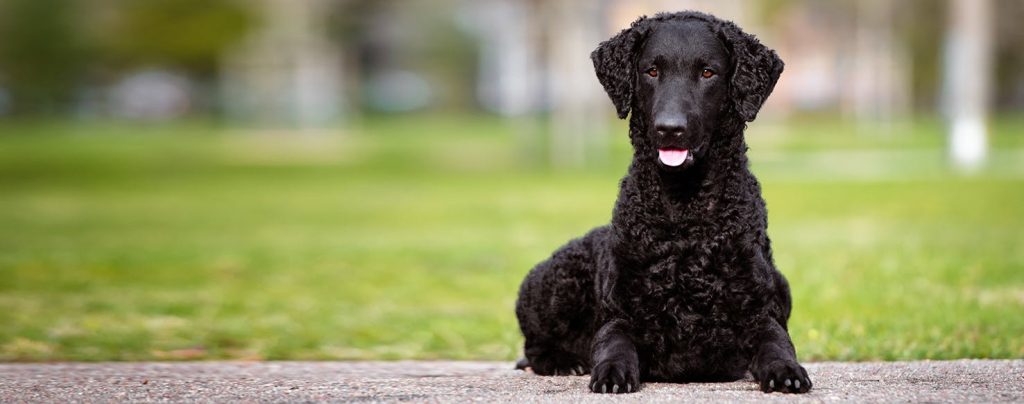
Openness to Strangers
Curly-Coated Retrievers are known for their friendly and welcoming nature towards strangers. They are a breed that is always eager to meet new people and make new friends. This trait makes them excellent family pets as they are always ready to greet visitors with a wagging tail and a friendly bark. Their open and sociable nature also makes them great companions for children, as they are patient and gentle with young ones. Additionally, their friendly disposition makes them ideal for therapy work, as they are able to provide comfort and support to those in need.
Despite their friendly nature, Curly-Coated Retrievers can be reserved around strangers at first. They are a breed that takes their time to warm up to new people, preferring to observe from a distance before approaching. However, once they feel comfortable, they are quick to show their affection and loyalty. This trait makes them excellent watchdogs, as they are able to discern between friend and foe. Their cautious approach to strangers also makes them great for families with young children, as they are able to protect their loved ones from potential harm. Overall, the Curly-Coated Retriever’s openness to strangers is a testament to their friendly and sociable nature.
Playfulness Level
The Curly-Coated Retriever is a highly energetic and playful breed of dog. They are known for their love of play and their ability to keep their owners entertained for hours on end. Whether it’s playing fetch, chasing after a ball, or simply running around in the backyard, these dogs are always up for a good time. They are also very social animals and love to interact with their owners and other dogs. This makes them a great choice for families with children or other pets. Overall, the Curly-Coated Retriever is a fun-loving and playful breed that is sure to bring joy and laughter to any household.
One of the most endearing qualities of the Curly-Coated Retriever is their sense of humor. These dogs are known for their silly antics and their ability to make their owners laugh. They are also very intelligent and love to learn new tricks and commands. This makes them a great choice for owners who enjoy training their dogs and teaching them new things. Additionally, the Curly-Coated Retriever is a very active breed and requires plenty of exercise to stay healthy and happy. They love to run, jump, and play, and are always up for a good adventure. Whether you’re taking them for a walk in the park or playing a game of frisbee in the backyard, these dogs are sure to keep you on your toes.
Suitability as a Pet for Children
Curly-Coated Retrievers are a highly intelligent and active breed, making them a great choice for families with children who enjoy outdoor activities. They are known for their loyalty and affectionate nature, making them a great companion for children. Their curly coat requires regular grooming, but they are generally low maintenance in terms of exercise and training. As with any breed, early socialization and training is important to ensure they are well-behaved around children.
Exercise Needs
Curly-Coated Retrievers are a highly active breed that require plenty of exercise to maintain their physical and mental health. As a medium to large-sized breed, they need at least 60 minutes of exercise per day, which can be split into two or three sessions. This breed is known for their love of water, so swimming is an excellent form of exercise for them. They also enjoy playing fetch and going for long walks or runs. It’s important to note that Curly-Coated Retrievers have a high prey drive, so they should always be kept on a leash or in a secure, fenced area when outside.
In addition to physical exercise, Curly-Coated Retrievers also require mental stimulation to prevent boredom and destructive behavior. Puzzle toys, obedience training, and agility courses are all great ways to challenge their minds. This breed is highly trainable and enjoys learning new things, so incorporating training into their exercise routine can be beneficial for both the dog and owner. It’s important to provide plenty of positive reinforcement and praise during training sessions to keep them motivated. Overall, Curly-Coated Retrievers thrive in an active household where they can receive plenty of exercise and mental stimulation.
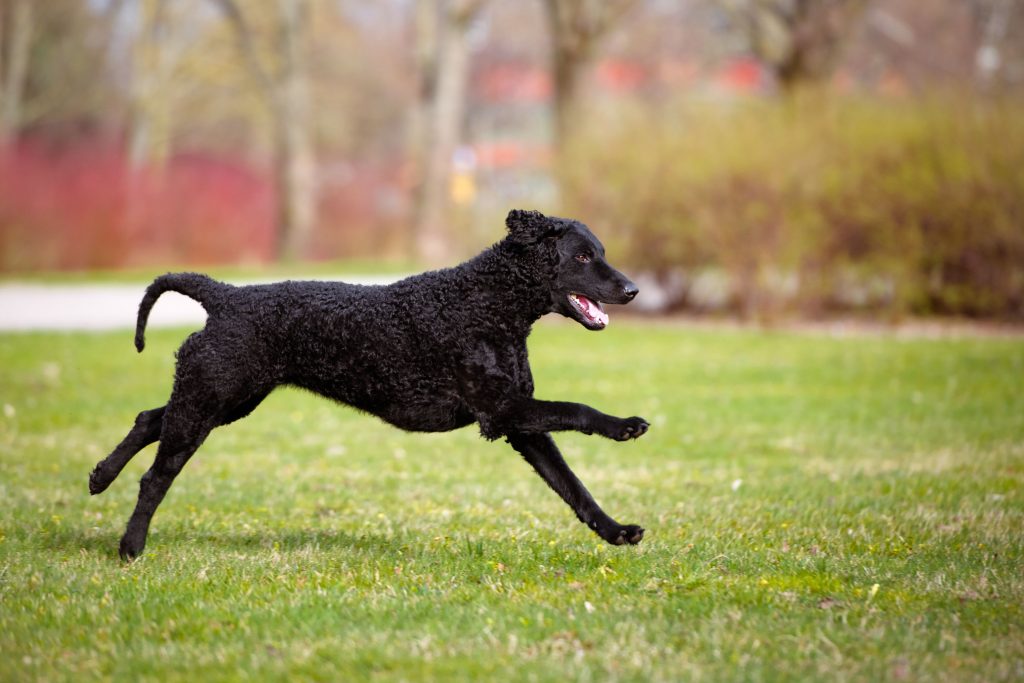
Suitability for a Multi-Pet Family
Curly-Coated Retrievers have a reputation for being friendly and sociable with other pets. They are known to get along well with cats and other dogs, as long as they are properly socialized from a young age. However, like any breed, individual temperament can vary and some Curly-Coated Retrievers may not be as tolerant of other animals. It is important to introduce them to other pets slowly and under supervision to ensure a positive relationship.
Housing Requirements
Curly-Coated Retrievers require a spacious and comfortable living environment that can accommodate their active and energetic nature. They need a house with a large yard or garden where they can run and play freely. The yard should be securely fenced to prevent them from escaping and getting lost. The house should have enough space for them to move around and stretch their legs. They also need a comfortable bed or crate where they can rest and sleep peacefully. It is important to keep the house clean and tidy to prevent any health issues. Regular grooming and cleaning of their coat is also necessary to maintain their hygiene and health.
In terms of temperature, Curly-Coated Retrievers can adapt to different climates, but they prefer moderate temperatures. They can tolerate cold weather, but they need a warm and dry place to rest and sleep. During hot weather, they need access to shade and plenty of water to prevent dehydration. It is important to provide them with fresh water at all times. They also need regular exercise and mental stimulation to keep them healthy and happy. Curly-Coated Retrievers are intelligent and active dogs that thrive on human companionship and interaction. They need regular walks, playtime, and training to keep them physically and mentally stimulated.
Summary
Curly-Coated Retrievers can make great pets for active families who enjoy spending time outdoors. They are known for their intelligence and trainability, making them a good choice for those who are willing to put in the time and effort to properly train and socialize their dog. They have a friendly and loyal nature, and can be good with children and other pets if socialized properly. However, they do require regular exercise and mental stimulation to prevent boredom and destructive behavior. Overall, the Curly-Coated Retriever can be a wonderful addition to the right family.
Curly Coated Retriever Dog FAQS
Yes, Curly-Coated Retrievers are intelligent and eager to please, making them relatively easy to train.
Yes, Curly-Coated Retrievers are known to be great with children and make excellent family pets.
Yes, Curly-Coated Retrievers can get along well with other pets if socialized properly from a young age.
Curly-Coated Retrievers are generally healthy, but they may be prone to hip dysplasia and eye problems.
No, Curly-Coated Retrievers do not shed excessively, but they do require regular grooming to maintain their curly coat.
Curly-Coated Retrievers require at least 1-2 hours of exercise per day, including walks and playtime.
Curly-Coated Retrievers should be groomed at least once a week to prevent matting and tangling of their curly coat.
Curly-Coated Retrievers usually grow to be between 63-69 cm tall.
The average weight of a Curly-Coated Retriever is between 25-40 kg.
The average lifespan of a Curly-Coated Retriever is between 10-12 years.
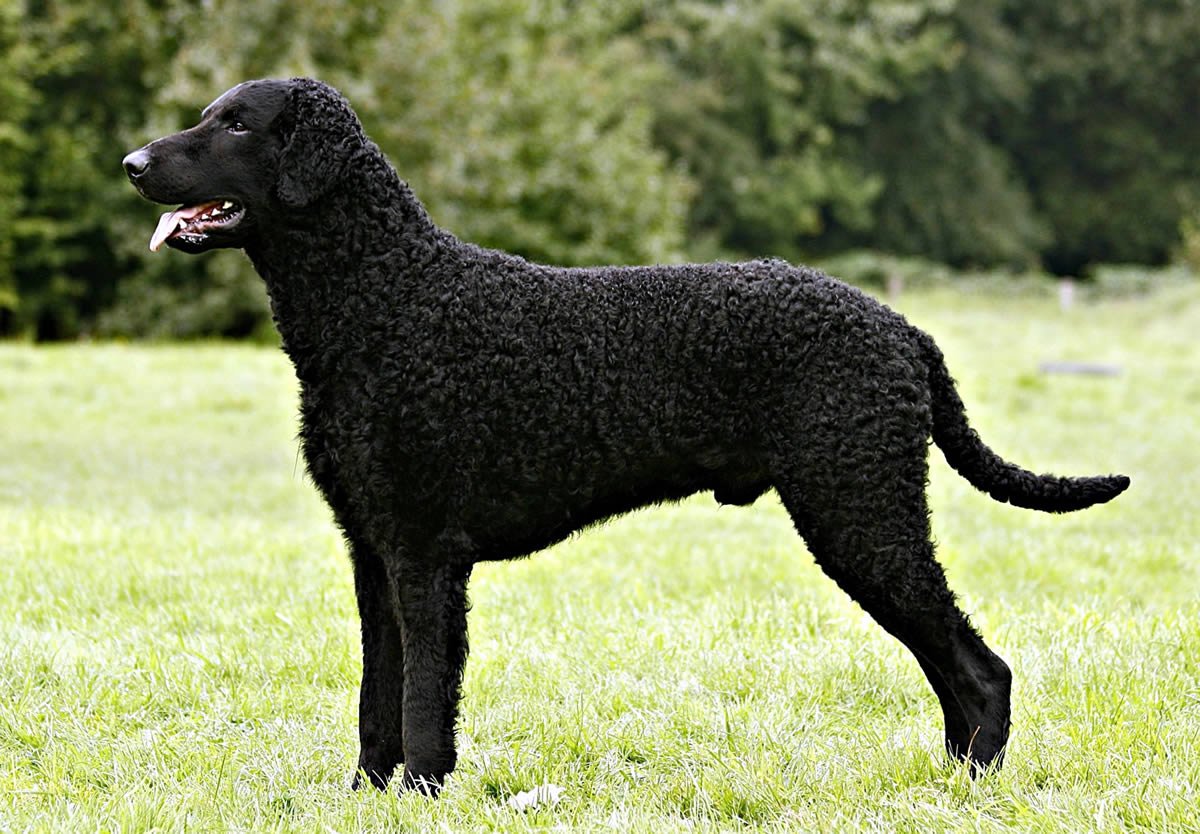

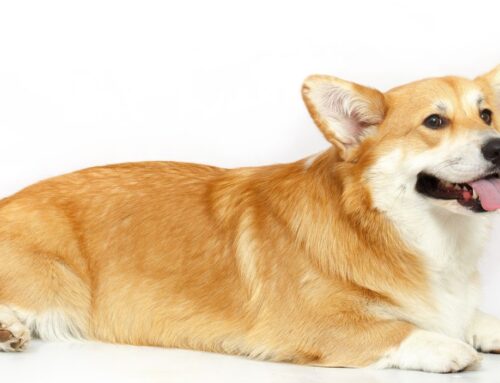
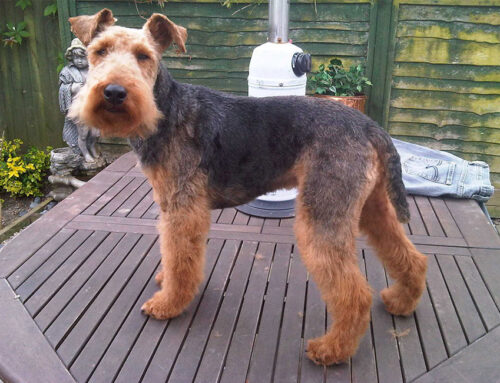
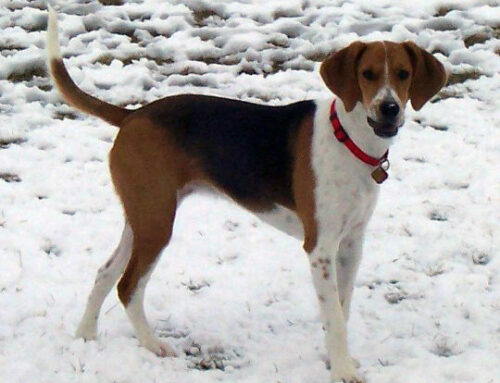
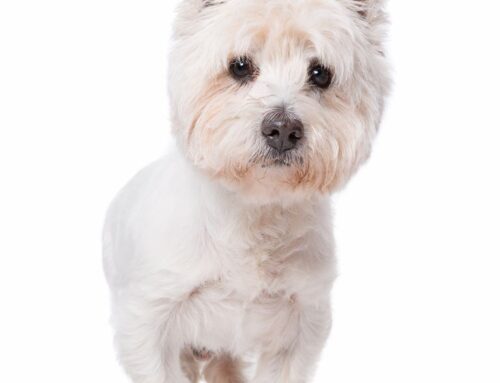
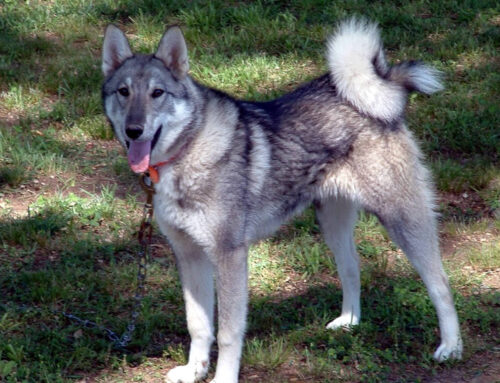
Leave A Comment